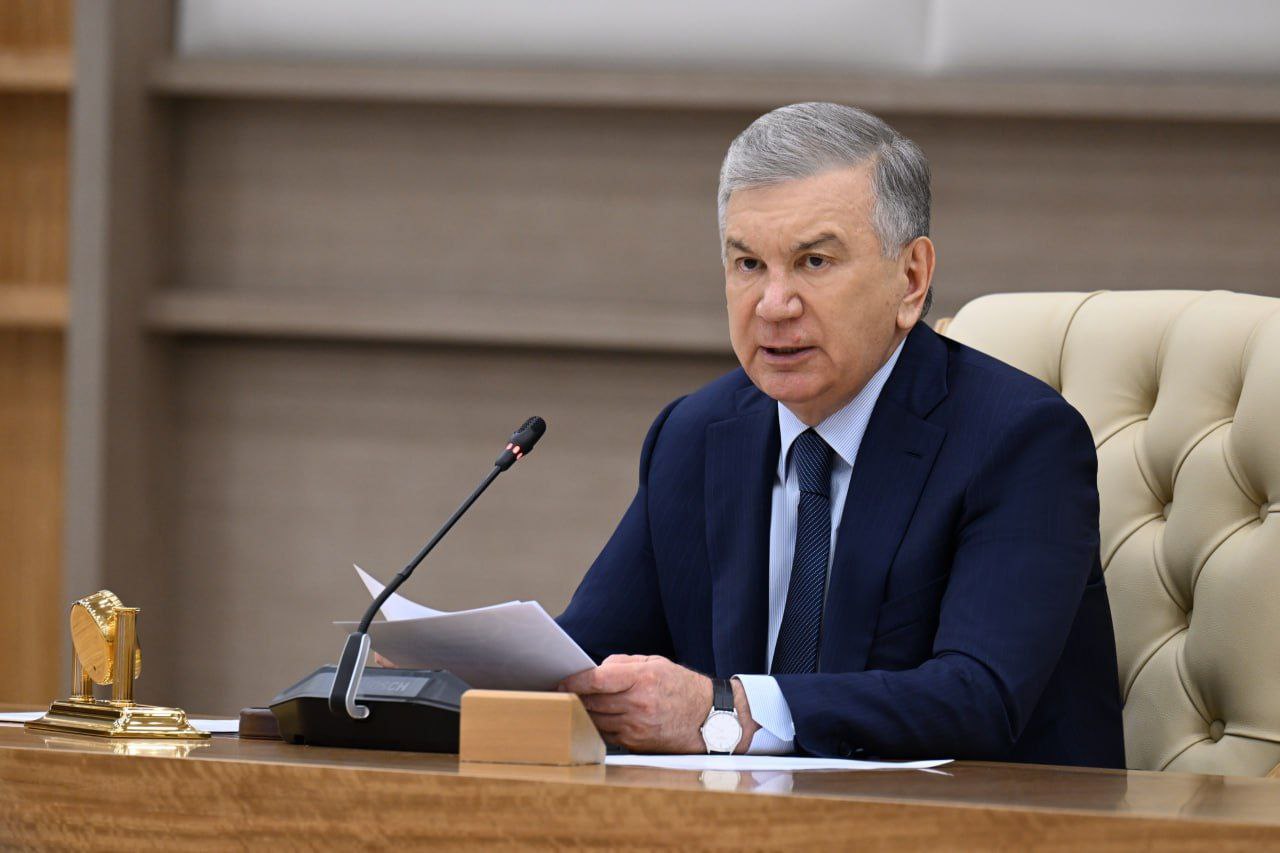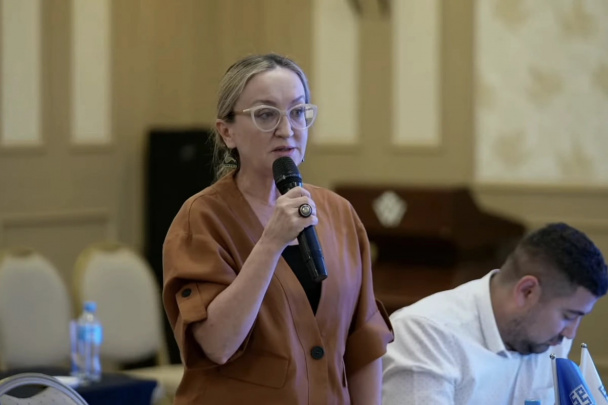President Mirziyoyev slams outdated certification system and criticizes Sanitary and Epidemiological Service
During a video conference on April 18, President Shavkat Mirziyoyev sharply criticized the operations of the Sanitary and Epidemiological Service, as well as Uzbekistan’s standardization and certification systems.

The president highlighted that outdated requirements and bureaucratic hurdles in the standardization and certification systems are “tying the hands” of entrepreneurs and fostering corruption in the sector. Over 25,000 standards and 41 technical regulations do not align with international market requirements. Currently, approximately 6,500 out of 13,000 product types require mandatory certification, which increases production costs.
“When have ministers and regional governors listened to entrepreneurs to consider which standards need updating, which should be abolished, or which products should be removed from mandatory certification lists? Unfortunately, there’s no positive answer to this,” the president stated firmly.
Investors have pointed out that many laboratories in Uzbekistan fail to meet required standards, and standards from developed countries are often not recognized. The current system allows certification bodies to simultaneously oversee market control, leading to conflicts of interest, it was noted.
The president outlined specific issues in the certification system and proposed solutions.
It was emphasized that dairy and meat product manufacturers are dissatisfied with the process of obtaining sanitary and epidemiological conclusions. For example, Uzbekistan imports $100 million worth of baby food annually. However, an entrepreneur who invests in modern equipment and builds a factory cannot start production due to the absence of a sanitary conclusion, as no standard exists for the product.
The committee leadership was criticized for failing to proactively develop standards in collaboration with entrepreneurs, instead passively stating, “There’s no standard for this product.”
Some district sanitary services still require separate testing for each differently packaged batch of the same product, demanding additional time and costs. The president questioned the relevance of packaging variations to product quality.
Additionally, mineral water producers must obtain conclusions based on 45 indicators, with 43 tested at the laboratories of the criticizes Sanitary and Epidemiological Service and the remaining two at other labs. The committee was tasked with organizing all tests in one location.
To check the quality of fruits, vegetables, and legumes, producers must visit laboratories of three different organizations. Worse, these laboratories’ conclusions are not recognized in developed countries. As a result, exporters must send samples abroad to obtain certifications for accessing high-value markets. Authorities were criticized for not yet establishing a single internationally recognized laboratory and for continuing outdated, redundant certification practices.
Soft drink producers reported that certifying imported display refrigerators can take up to three months. Courier service companies noted that while a moped costs $300, obtaining certification for it requires an equivalent additional amount.
It was highlighted that private clinics state the cost of registering certain medical equipment, brought to Uzbekistan for the first time, at the Pharmaceutical Committee can be ten times the equipment’s price. Moreover, registering both simple thermometers and MRI machines takes 4–5 months.
The president questioned the depth of thought behind such fees and procedures, stating, “Is this approach correct? Absolutely not. Different timelines must be set for medical equipment, medical products, and pharmaceuticals based on their complexity and risk levels.”
The president outlined measures to further improve the standardization and certification system. A separate decree will clearly define the authority of agencies such as the Technical Regulation Agency, criticizes Sanitary and Epidemiological Service, Veterinary Committee, and Quarantine Agency to issue product conclusions.
Redundant and overlapping procedures will be phased out. For example:
- Food product quality and safety control will be handled solely by criticizes Sanitary and Epidemiological Service.
- Mandatory technical regulations and standards for food products will be abolished.
- The committee will align sanitary rules and norms for key food products with international standards, such as the Codex Alimentarius.
Other systems will be reviewed in the same manner.
Related News

14:37 / 07.07.2025
Businesses in Uzbekistan protest certification delays holding up freezers at customs

19:06 / 24.06.2025
Bribery scandal: Man caught offering fake certification help to dozens of teachers

12:44 / 23.06.2025
Gov’t introduces sanitary and legal norms for food delivery couriers

19:33 / 14.04.2025



